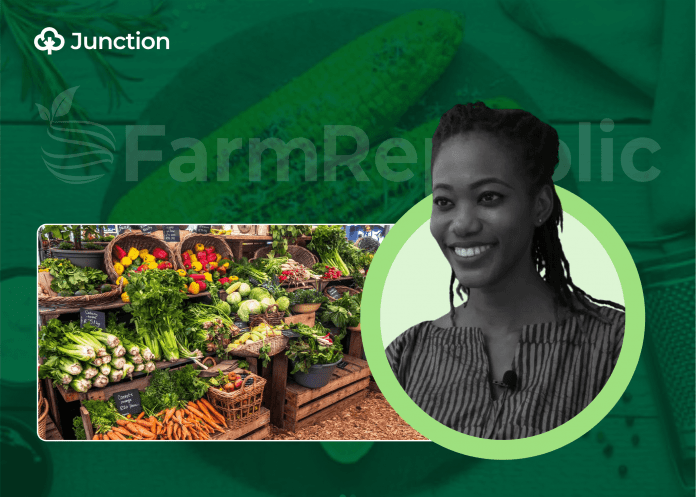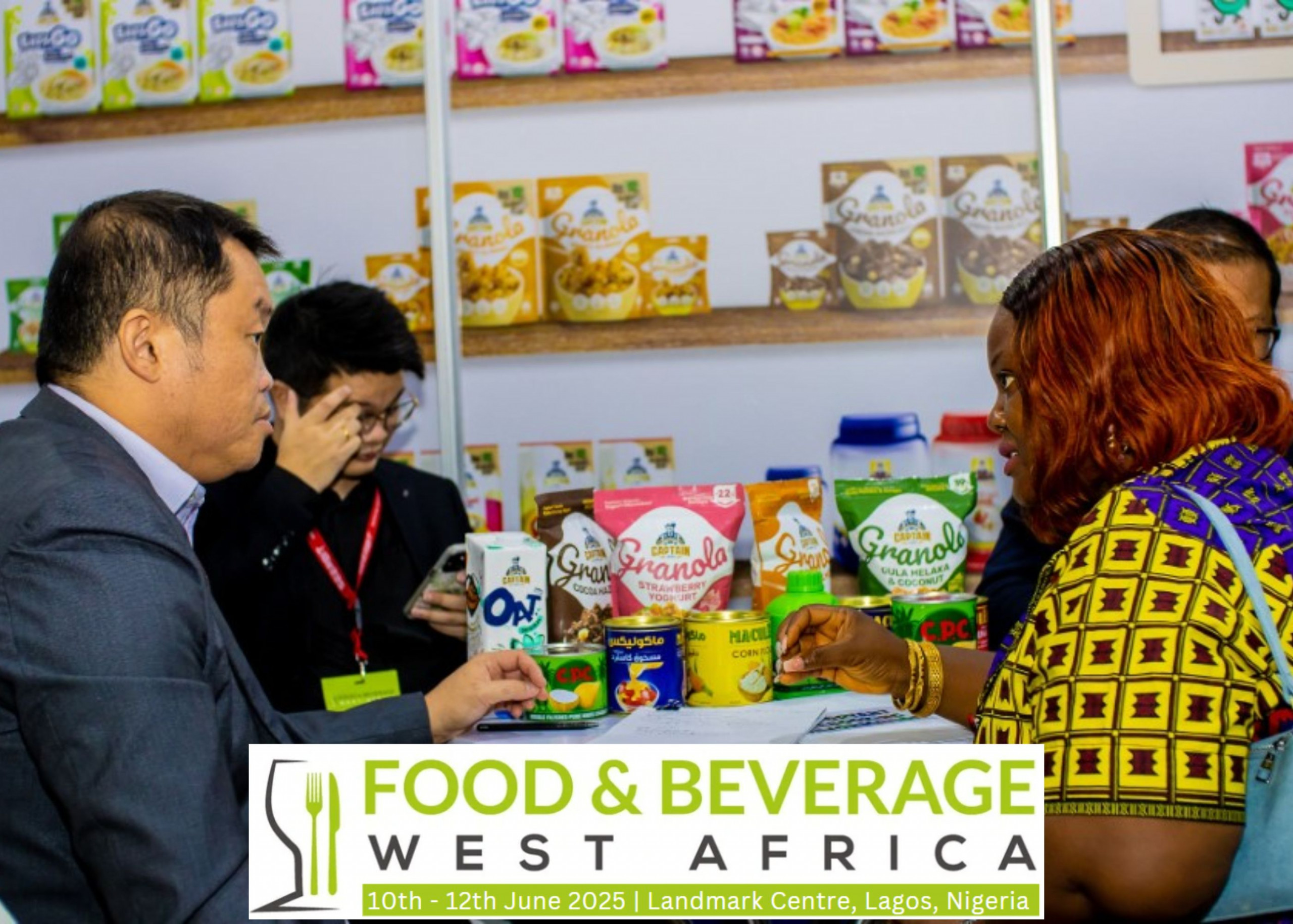Last week, I spoke with my father, a cocoa farmer. His optimism for a profitable harvest season was palpable, but I couldn’t help but remind him of Mr. Okwa, a middleman who had failed to buy his 7 bags of cocoa seeds last November. My father’s face fell as he recalled the incident. If cocoa were a perishable crop, my father’s losses would have been devastating. “If only there was a way to avoid such losses,” he sighed.
This personal experience echoes a broader issue in Nigerian agriculture. The United States Agency for International Development (USAID) reported that about 50% of fresh agricultural produce in Nigeria is lost at the post-harvest stage. Imagine half of the tomatoes, yams, and vegetables you see at the market never making it to your table. This staggering figure was highlighted at the 1st Post-Harvest Connect Conference and Exhibition in Abuja by USAID Mission Director Melissa Jones. She noted that post-harvest losses significantly contribute to Nigeria’s soaring food inflation, which hit 40.66% in May 2024. It’s a crisis that impacts farmers’ livelihoods and consumers’ pockets.
To reduce post-harvest losses (PHL) in Nigeria, ensuring farmers have easy access to buyers is crucial. While factors like poor infrastructure and inadequate storage undoubtedly play a role, limited market access presents a distinct challenge that entrepreneurs can solve.
Farm Republic, an agribusiness startup founded in 2018, is proffering solutions to this problem. Think of it as a bridge connecting farmers with buyers, ensuring that fresh produce doesn’t go to waste. In a sit down with Oyin Asaaju, an agribusiness consultant and founder of Farm Republic, she painted a vivid picture of how the company is addressing the issue of market access.
“Imagine a farmer with baskets full of ripe tomatoes but no one to sell them to,” Asaaju began. “Farmers with limited market options often have to harvest all their produce at once, regardless of market demand. This is particularly risky for highly perishable fruits and vegetables, as they have a short shelf life. If they can’t find buyers quickly, the produce spoils, leading to significant losses.”

Farm Republic’s solution is simple yet profound: ensure farmers have a ready market for their produce.
Farm Republic’s solution to post-harvest losses
Despite how far we have come in agriculture as a developing nation, food security remains a pressing issue. “The cost of production has gone up due to factors like devaluation of the Naira and high transportation costs. These costs are passed on to consumers, making food expensive. Agriculture cannot thrive without government and agribusiness support. Private individuals cannot do everything, especially regarding power, infrastructure, and access to the market,” Asaaju explained.
However, there are some things that agribusiness startups can do. Farm Republic operates with a multi-faceted approach, addressing different aspects of the agricultural value chain.
1. Market Access
Farm Republic ensures farmers have a place to sell their produce. They provide a middleman platform where farmers can sell their produce and buyers can buy from them, reducing the risk of produce spoiling due to lack of market access. This connection ensures that farmers like my father no longer have to worry about finding a market for their goods.
“A lot of farmers don’t understand market timing. They harvest their produce yesterday and want to call Farm Republic today. It doesn’t work that way, especially for perishable foods. There’s a process to finding the right buyers for you and things like that. We are trying to reduce those harvest losses because access to the market is one of the top two challenges for farmers in Nigeria,” she said. Farmers are expected to contact them a few days before harvest to give them time to find buyers for the produce.
2. Sunday Market
The startup is also running an initiative that allows external farmers and small and medium enterprises (SMEs) to display their goods, from fresh produce to ready-to-eat meals and crafts. Picture a vibrant Sunday market, bustling with activity, where farmers and artisans showcase their best products. It creates a consistent and reliable marketplace, promoting the agricultural ecosystem. “It’s like a festival every Sunday,” Asaaju said with a smile. “You see people buying fresh vegetables, tasting delicious snacks, and even admiring handmade crafts. It’s all about community and connection.”
View this post on Instagram
3. Fair Trade and Sustainability
The company also emphasises sustainable farming practices. “Fair trade involves ensuring no child labour is employed on farms and maintaining environmentally friendly practices,” Farm Republic’s CEO noted. This policy, which aligns with global standards, enhances the marketability of Nigerian produce. Think of it as a seal of quality that assures buyers that the produce they are purchasing is ethically sourced and environmentally friendly.
4. Trust and Reliability
Building trust with farmers is crucial. Farm Republic pays farmers promptly upon delivery of produce, fostering long-term relationships. “We have farmers that we have worked with for over two, three years. They know that even if we don’t pay today, we pay tomorrow,” Asaaju explained. This established trust ensures that farmers can rely on Farm Republic to support their livelihoods.
Overcoming challenges as a middleman
Farm Republic also addresses several challenges faced by farmers, ensuring they can thrive despite the hurdles.
1. Price Inflation
The cost of agricultural inputs, such as herbicides and pesticides, has skyrocketed due to currency devaluation and high fuel costs. Farm Republic helps farmers navigate these price fluctuations, ensuring they can still operate profitably. Asaaju shared a story of a farmer who almost gave up due to rising costs. “We helped him understand market trends and adjust his pricing strategy. Today, he’s one of our success stories,” she said.
2. Transportation
Poor infrastructure leads to significant delays and losses. Farm Republic advocates for better roads and logistics to ensure that produce reaches markets quickly and efficiently. “Imagine trying to transport fresh vegetables over a bumpy, dusty road,” Ms. Asaaju said. “By the time they arrive, half of them are spoiled. We’re working to change that.”
3. Regulation and Quality Control
While there is a lack of stringent local regulations, Farm Republic adheres to high standards of quality control. They collaborate with quarantine services for primary producers that want to export produce, ensuring that only high-quality produce reaches the market. “We believe in setting high standards,” Asaaju explained. “It’s about ensuring that Nigerian produce can compete on the global stage.”
How you can benefit from Farm Republic
Buyers also gain substantial advantages by buying from Farm Republic. The platform ensures consistent quality and supply of produce by maintaining strict quality control measures and leveraging advanced technologies like blockchain for traceability. This transparency fosters trust and long-term relationships between farmers and buyers, ensuring a reliable supply chain.
For Nigerian agriculture to thrive, reducing post-harvest losses is essential. Farm Republic’s innovative approach provides a viable solution by improving market access, promoting sustainable practices, and building trust with farmers. As more farmers leverage Farm Republic’s platform, the hope is that stories like my father’s will become less common, and Nigerian agriculture can move towards a more profitable and sustainable future.



